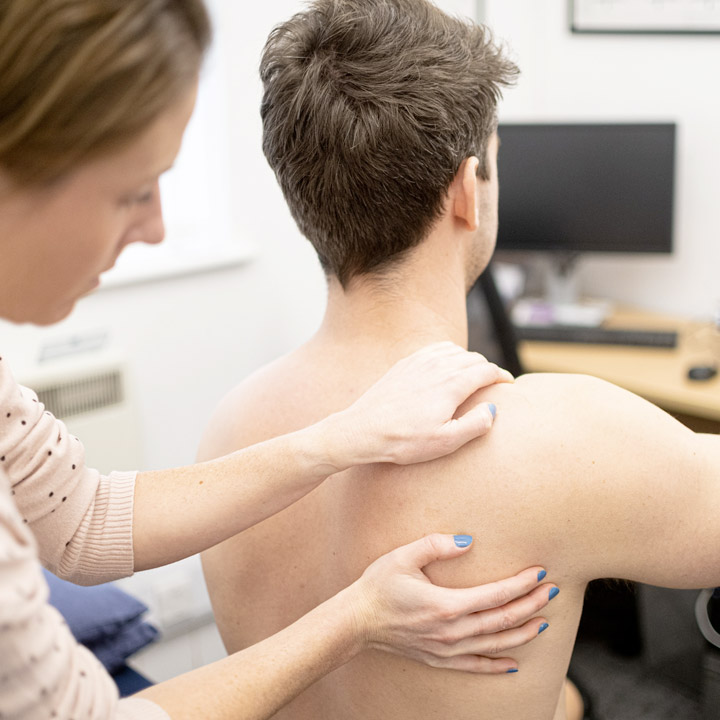Vestibular Rehabilitation
Vertigo and dizziness are not a diagnosis of their own, but a sign of something going on in your body that isn’t quite right.

The exercises that make up the treatment programmes are designed to encourage the brain to compensate for a balance disorder caused by a virus, disease, trauma or changes brought on by natural ageing.
The exercises that make up vestibular therapy must be individually tailored to the underlying condition that is causing the symptoms. Getting to the bottom of what is going on is the first step in the treatment programme.
Why you might need physiotherapy
- Do you feel unsteady on your feet?
- Do you feel drunk when you haven’t had a drink?
- Perhaps you feel like you are on a boat?
- Do you feel like you’re veering as you walk?
- Have you had a fall?
- Do you feel as though you are spinning or moving, or your surroundings are spinning or moving around you?
- Do you feel uncomfortable in busy environments like supermarkets?
- Do you suffer with headaches or brain fog?
40% of people aged over 40 experience symptoms of dizziness and/or imbalance at some time. But it can affect people of all ages.
Whether you have bouts of dizziness or occasional balance issues, or your condition is affecting you day in and day out, vestibular rehabilitation can help at the very least to ease your symptoms. In many cases you could find those symptoms relieved altogether.
Assessment and treatment
Vestibular problems are notoriously difficult to diagnose; sometimes it is a process of elimination, and your symptoms may be a result of more than one disorder.
- The most common cause of vestibular dizziness, BPPV (benign paroxysmal positional vertigo) is caused by crystals being dislodged in your inner ear causing a spinning sensation with certain head movements. This can usually be treated in 1-2 sessions by using certain manoeuvres to move the ‘crystals’ of your inner ear to the correct area.
- Migraine, specifically vestibular migraine, is usually the next most common disorder and although this does take longer to treat, usually 6-9 months, when combined with; a Consultant Neurologists’ input; specific exercise therapy to get the brain to ‘re-wire itself’ and management, treatment can be very effective in reducing symptoms and allowing your return to normal activities again.
- Neck pain can also be a cause for headaches and dizziness. However, these headaches are usually across the back of the head or across the forehead, with or without moderate dizziness.
- There are many other causes of dizziness which can all be helped with physiotherapy such as:
- Vestibular neuritis which is usually an onset of dizziness after the flu or infection and causing you to become bed bound for a few days, but hearing is preserved.
- Labyrinthitis is often triggered from a common cold or flu virus. Patients with labyrinthitis have problems hearing out of the affected ear as well as balance and dizziness issues.
- Meniere’s disease can also cause, episodic hearing, balance and dizziness symptoms.
- Dizziness post-trauma.
- Persistent Postural Perceptual Dizziness (PPPD).
- Visually induced dizziness.
- Recovery from Acoustic neuromas (Vestibular Schwannoma).
Preparing for treatment
Here at Shepherds Health, we can help you on the road to recovery with our Vestibular service. Please get in contact for further information or you can book online with Fiona Hever.

Initial Assessment is 1.5 hours to allow her to go through a detailed history of your condition and assessment, taking into consideration how irritable your symptoms are. Subsequent follow ups are usually for an hour, but this will be discussed with you depending on your condition.

We ask that you have someone bring you to your first appointment due to the nature of the assessment and treatment possibly causing an increase in momentary dizziness. This will be explained to you during your treatment as appropriate.
